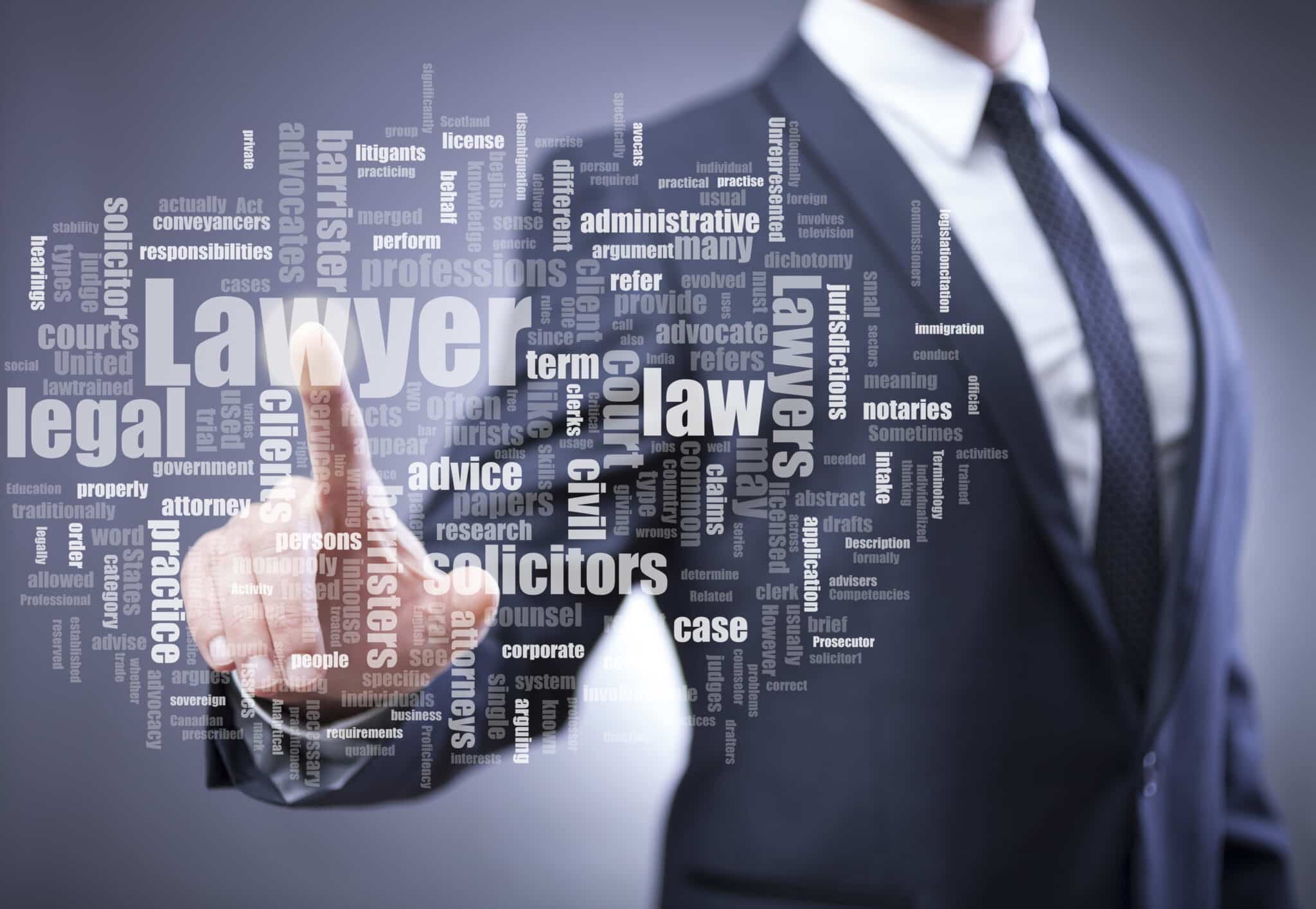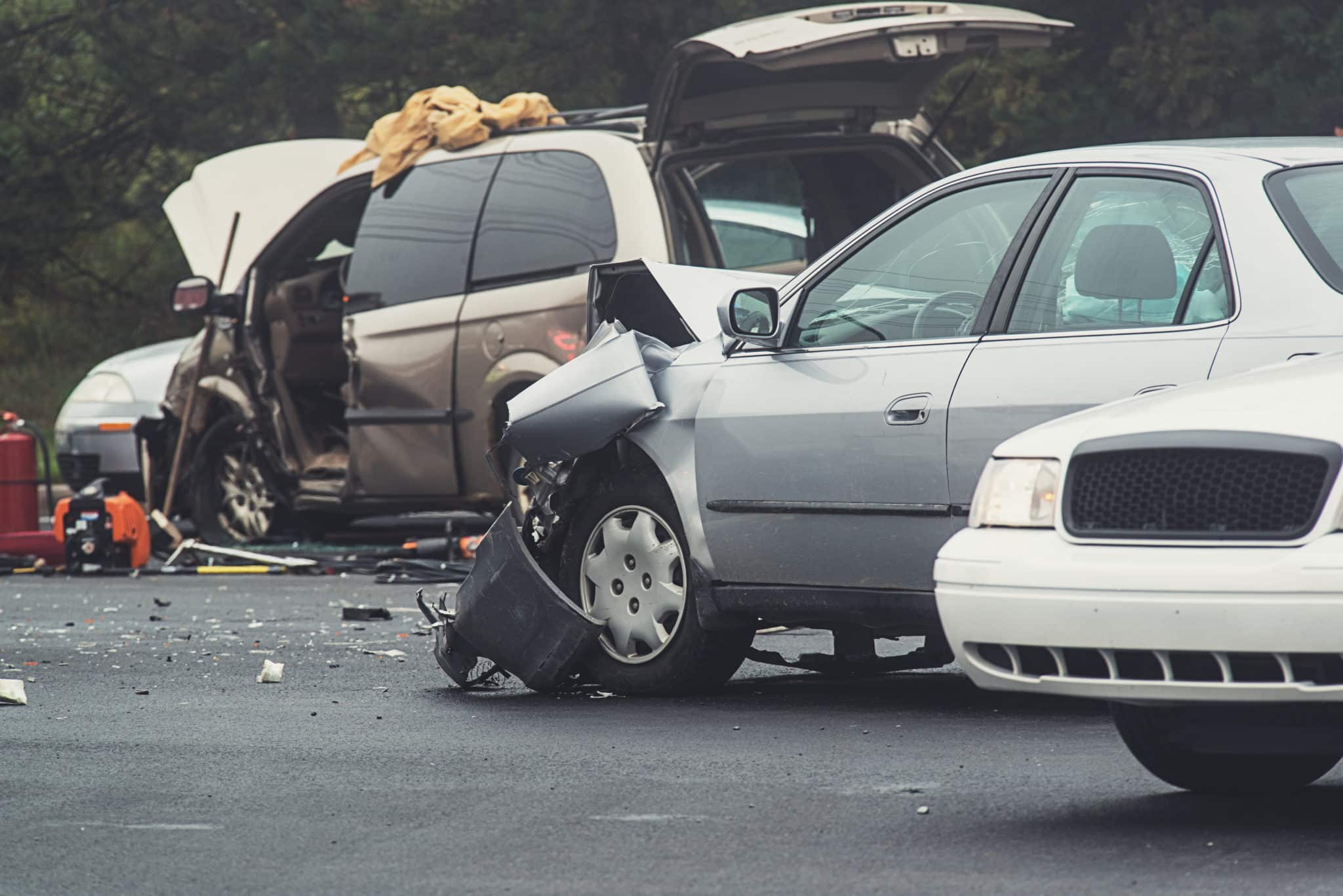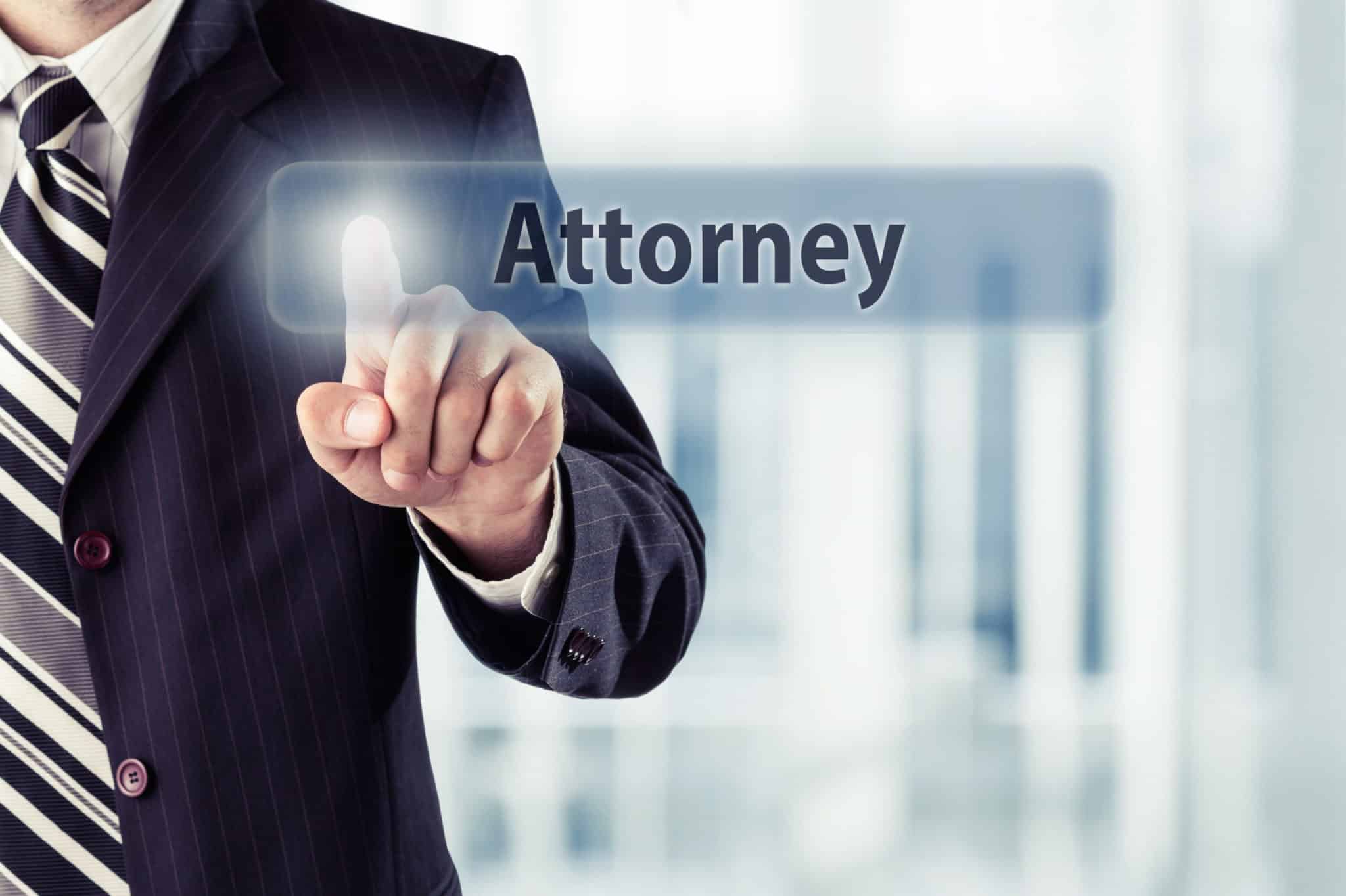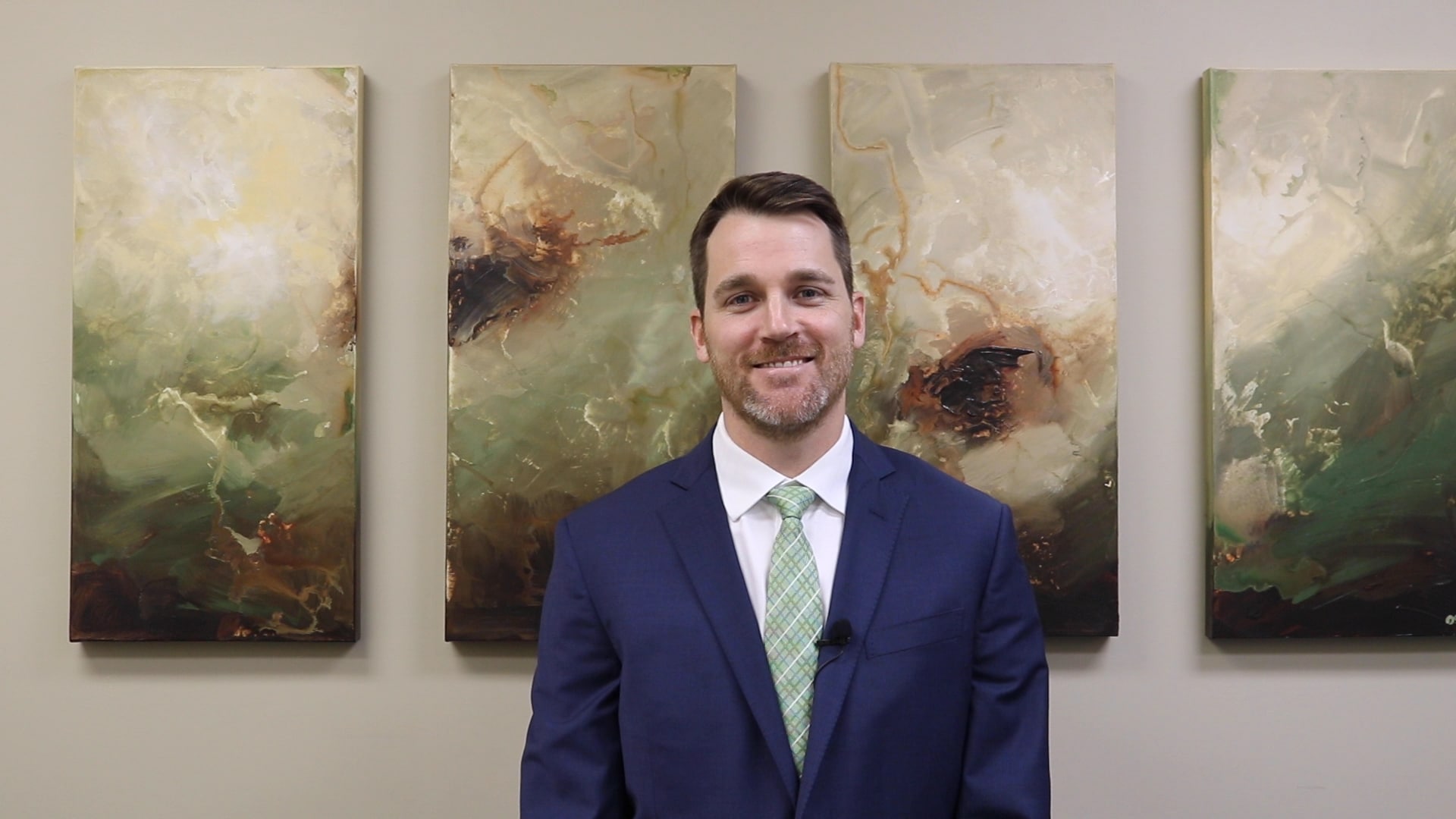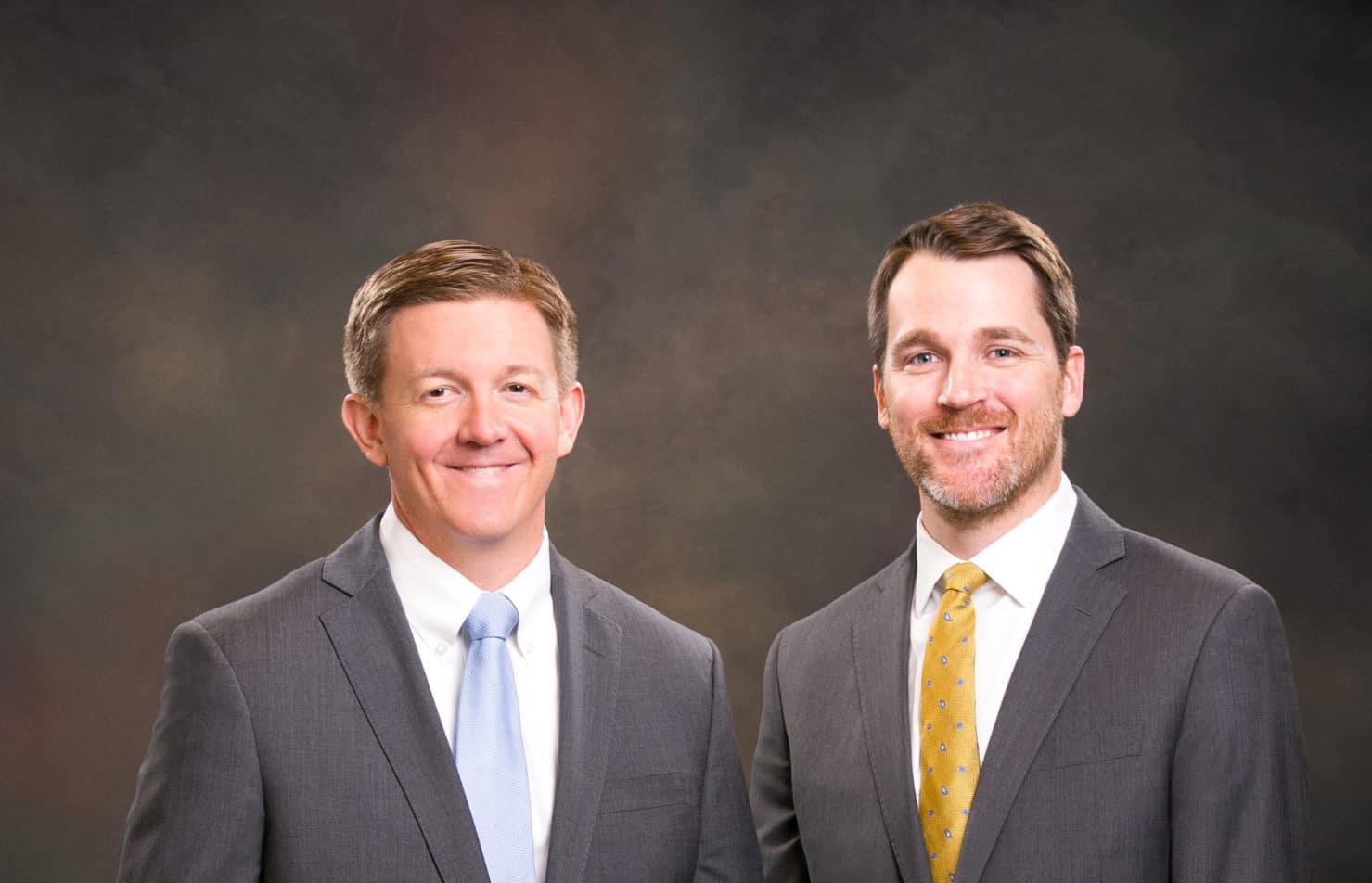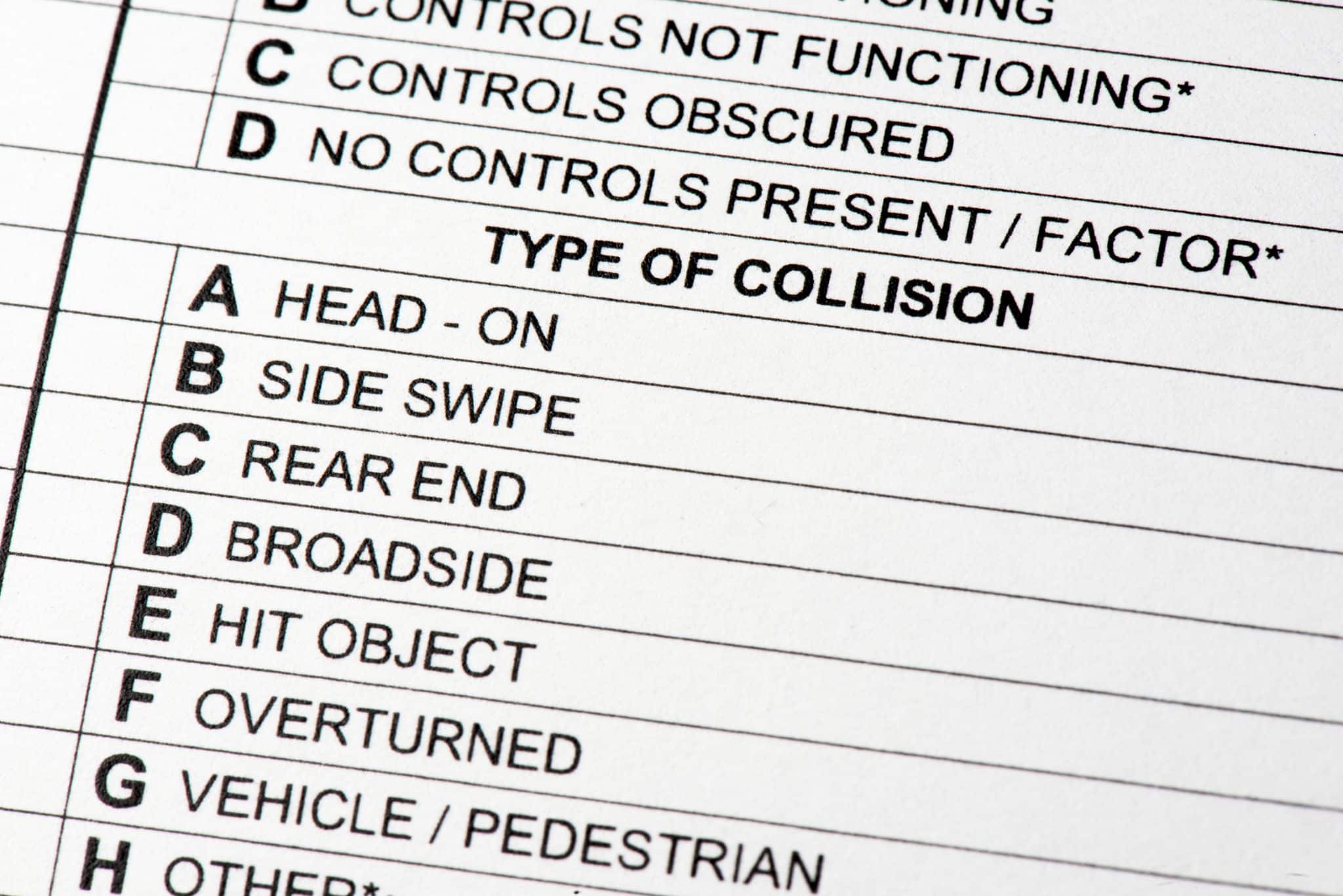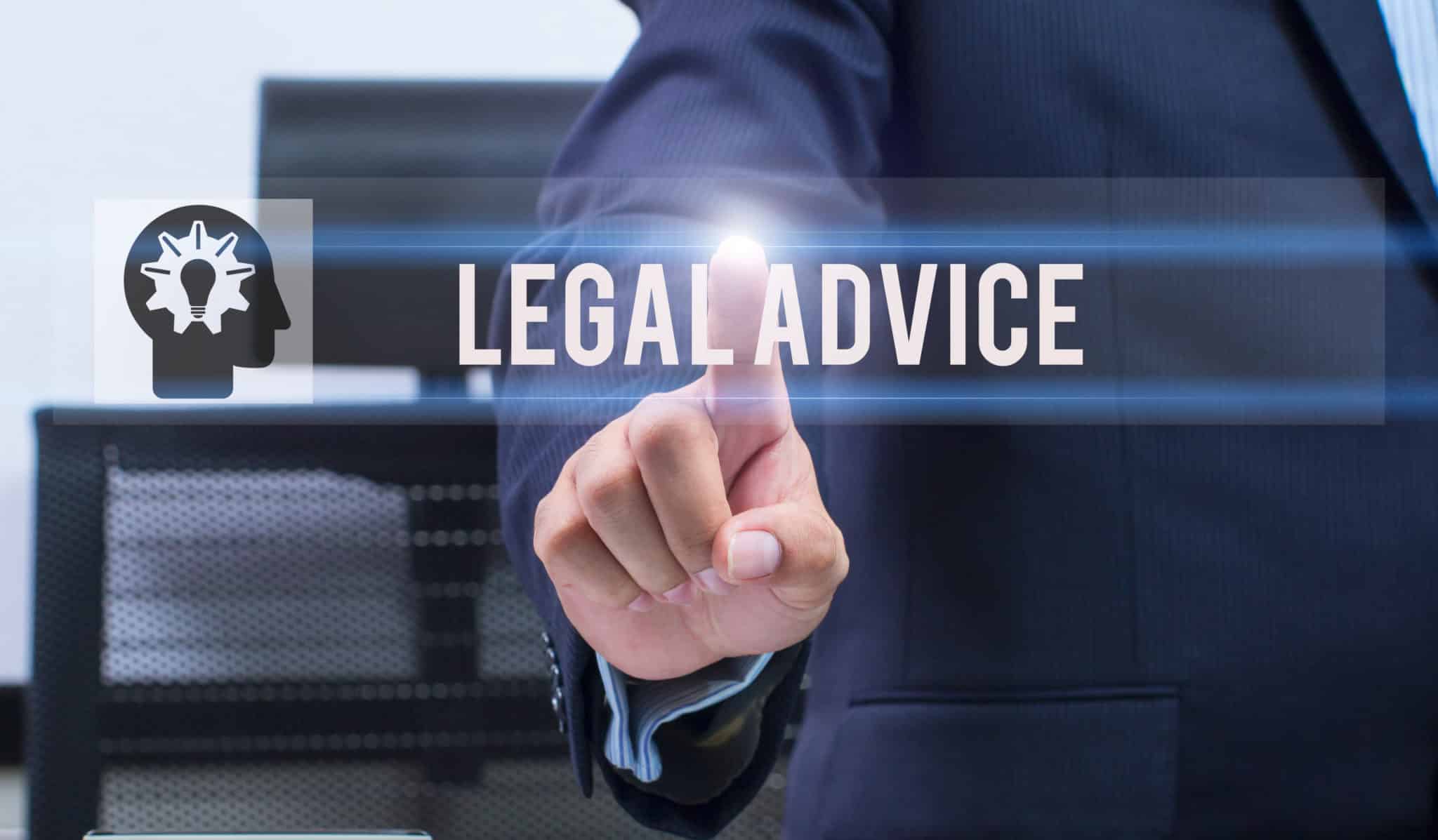For those that have never needed a personal injury attorney, it might be easy to believe or perpetuate the common myths we hear about our profession. Let’s address the common myths we hear and explain what really happens at a personal injury firm.
Myth #1: Lawyers Will Sue for Anything
Technically you can sue for anything, but good lawyers consider the cost and if there is a credible claim to be made. Most personal injury attorneys are fronting their own money and advancing case expenses for your case. Attorneys will only bring claims they believe have merit or a reasonable chance for success.
Myth #2: Lawyers Take All The Money
Personal injury attorneys work on contingency, meaning they do not get paid unless their clients get paid. Injury attorneys earn a percentage of the recovery, the amount settled for or awarded at trial. The percentage amount varies based on the type of case and whether the case is in suit or not in suit. Most attorneys charge somewhere between 30% and 40% for the vast majority of injury cases.
Myth #3: Lawyers Chase Ambulances
Any reputable lawyer is not going to “chase down” cases however, there are some lawyers and even non-lawyers that try to find cases and then sell those cases to other lawyers. Unfortunately, this does happen, but it is not fair to assign that stigma to all personal injury attorneys. Reputable attorneys do not find you in the emergency room or contact you after an injury. If an attorney is approaching you about a car wreck offering his or her representation, please know that is unethical and against the law. You do NOT want an attorney that chases you because that means they are so desperate for clients that they are willing to violate legal and ethical rules just to gets clients.
Myth #4: All Cases are Worth A Million Dollars
You don’t want a million-dollar injury case because if your case is worth that much, something life altering happened and you are terribly injured. Each case is different and evaluated on many factors that include property damage, severity of injury, treatment, pain and suffering, missed work, and so on. Personal injury attorneys try to get you what is fair and reasonable based on your unique case.
Myth #5: All Personal Injury Lawyers Try Cases
It is important to know that not all personal injury attorneys try cases. Some attorneys will not even put cases in suit, meaning they won’t file a complaint or do litigation to get maximum value for your case. These attorneys look to settle cases early and as fast as possible because that is their business model. Injury victims should always ask about a lawyer’s trial experience before deciding whether to hire the lawyer.
Myth #6: Lawyers are Too Expensive
Some people believe you have to pay a retainer in order to hire an attorney. That is not the case with personal injury attorneys. Again, most injury lawyers work on a contingency fee basis, meaning they don’t get paid until they obtain a financial recovery for their client. Contingency fees are variable as discussed in Myth #2 above; however, if an injury attorney wants to charge 45%-50% for a simple car wreck case, they are likely asking too much. Take your time and interview several attorneys, ask about their contingency fee, then choose the right one for you.
Myth #7: Lawyers Drive Away Business from the State
This myth was generated by politicians. Any reputable business is going to have insurance. Attorneys will almost always give corporations and individuals the opportunity to settle their case within their insurance limits. Good attorneys are not in the business of forcing people into bankruptcy or running businesses into the ground. Of course, attorneys want to ensure their clients are fully compensated for their damages. However, forcing someone into bankruptcy doesn’t benefit anyone, not even the injured client because the full judgement is rarely collectible when the defendant is in bankruptcy. Politicians might try to speak about a rare case to vilify someone or increase their political platform, but those politicians are usually speaking on behalf of the insurance industry and the lobbyists who fund their election campaigns.
Myth #8: My Lawyer Can Solve My Problems
An individual lawyer cannot solve all of your legal problems. Attorneys, just like doctors, specialize. For example, our firm can help you with personal injury matters such as a car wreck case, slip and fall, bicycle accident, medical malpractice, burn injuries and more, but we are not the firm to call when you are getting a divorce or find yourself in a criminal case. Remember to seek out and ask for an attorney that has expertise in your area of need.
